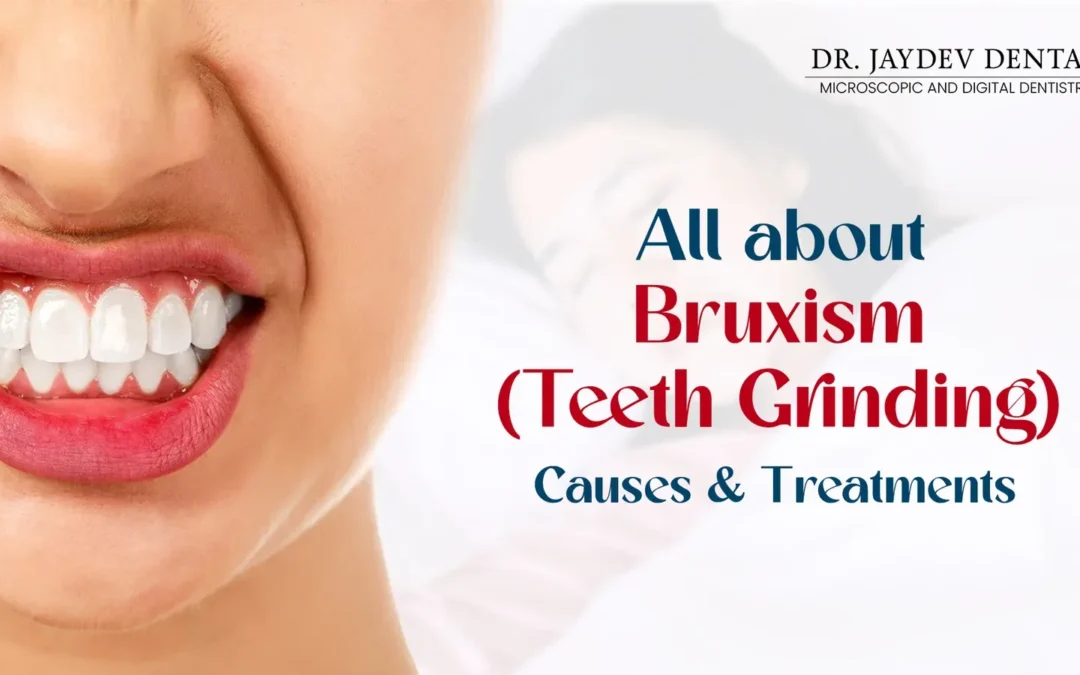Morning blues are common for every one of us. If they come with sore teeth or jaws, then it is a bit unbearable to wake up and continue our daily routine.
Do you ever think about why your teeth are sore even though you ate healthy and chewable food last night? This is not due to the food or some other thing. You may be grinding your teeth while you sleep. There is nothing to panic and it is not you who suffer from this.
We are writing this blog to make it easy for you to understand the real bruxism and its causes etc.
Overview of Teeth Grinding (Bruxism)
A clear understanding of Bruxism
Bruxism Symptoms to look for
Apart from frequent grinding, clenching, and gnashing of teeth, bruxism may not be immediately noticeable by self. Someone alerts you about the sound. The teeth are adversely affected and show abnormal mobility and wear. This may lead to teeth fracture or cracks.
The most common symptom of teeth grinding is a grinding or gnashing sound coming from the jaw. Other symptoms include:
- Headaches: Teeth grinding can cause headaches, particularly in the morning.
- Jaw pain: The muscles in the jaw can become sore or tender due to teeth grinding.
- Tooth sensitivity: Teeth grinding can wear down the enamel on the teeth. This makes teeth more sensitive to hot or cold temperatures.
- Broken or chipped teeth: Teeth grinding can cause the teeth to become worn down or chipped.
- Soreness in Cheeks. From chewing.
- Pain in the neck and face.
- Tongue Indentations.
- Locking or dislocation of Jaw.
- Temporomandibular joint (TMJ) disorder
Diagnosis of Bruxism:
The main causes of Bruxism
Determining bruxism is not always easy and it may vary in each individual. There are many causes of bruxism. Based on the diagnosis of the person, it has sleep bruxism or awake bruxism. However, there is little evidence to directly support any cause of bruxism.
The exact cause of teeth grinding is not known. People believe several factors that contribute to the condition. These include:
Who has stress-free life today? From a kindergarten kid to an established businessman, every individual is having stress. But, this is bad for overall health and bruxism is one among them.
Stress is mainly linked to bruxism. Exercise releases endorphins which help in decreasing stress. You can also follow specific relaxation methods like listening to music or taking walks.
What we do or what we eat will have a huge impact on our stress levels. Also, the lifestyle we adopt right from waking up to sleeping will contribute to bruxism.
Tobacco and alcohol consumption increases the risk of teeth grinding, especially if consumed before bed. But, this isn’t always the case as bruxism is most common in children.
Bruxism is also linked to the side effects of some medications and antidepressants. Neurological conditions like Huntington’s Disease and Parkinson’s Disease may also contribute to teeth grinding.
But, there is very little evidence of these causes of bruxism. In most cases, you can find teeth grinding in people who snore or suffer from obstructive sleep apnea.
- Misaligned Teeth Problems:
Misaligned teeth cause problems like improper biting. They do not meet correctly when you open or close the jaws. If the teeth are not properly settled, you may face joint or muscle issues like pain around the jaws.
Treatment for Bruxism
Bruxism is highly treatable. There is no difficulty in finding the right medication to cope with bruxism. The key is to diagnose the cause of bruxism and then target the treatment according to it.
If emotional distress is the major issue, you may find bruxism abates. Improper sleep is the major cause of stress. Counseling helps you with sleep habit modification and relaxation techniques. You can also try biofeedback therapy in which you will be taught to control muscle activity in your jaw.
Mouth guards are preferable if you have night bruxism. Some guards fit over the top teeth while some fix over the bottom teeth. These cushion your teeth and stop them from grinding against each other while you sleep. Custom-made mouthguards protect your teeth by reducing the strain on your jaw.
There are OTC mouth guards which are of plastic. But, these are not much comfortable. These may not be suitable for severe bruxism.
We use this procedure to reshape or level the biting surface of the teeth. This treatment is beneficial if the teeth grinding is due to crowded or misaligned or crooked teeth. There is another procedure called additive coroplast to build up the teeth.
Botulinum Toxin (Botox) is an injection. This reduces pain and the frequency of teeth grinding in healthy participants. In this procedure, a small amount of Botox is injected directly into the masseter. The masseter is a large muscle that helps in the movement of jaws. Botox can’t reduce bruxism, but it can relax the muscle there. However, there needs strong research evidence on the safety and effectiveness of this.
Tongue and jaw muscle exercises help the jaw muscles and facial muscles to relax.
Get Every Single Answer About The Treatment
1. Why do Individuals grind their teeth?
2. What are the common teeth grinding (bruxism) symptoms?
3. How do I identify if I am grinding my tooth at night?
Most people are unaware that they are gnashing their teeth during sleep. If you feel a dull, continuous headache or jaw aches when you wake up, it is an active sign.

